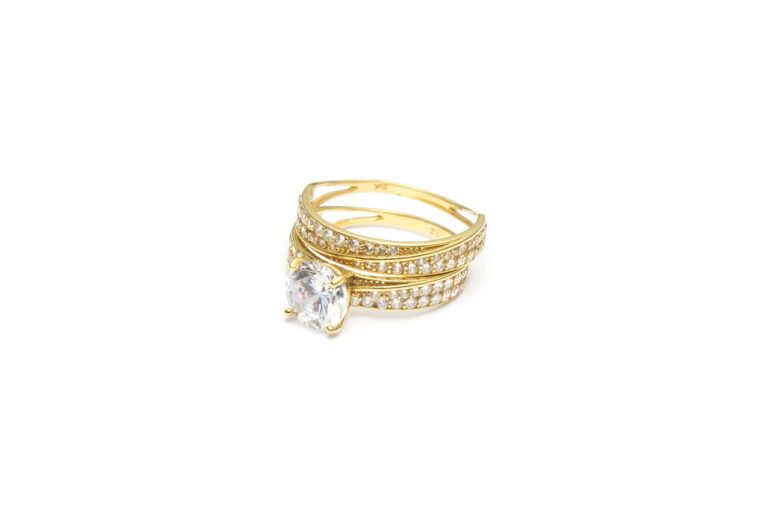Fashion’s Approach to Addressing Social and Cultural Issues
The fashion industry wields significant power in shaping societal norms and perceptions. Through advertising, runway shows, and social media, fashion brands play a crucial role in influencing what is considered trendy, desirable, and acceptable. People often look to the industry for cues on how to dress, style their hair, or even conduct themselves, leading to the normalization of certain behaviors or appearances.
Moreover, the representation of diverse body types, skin tones, and cultural backgrounds in fashion campaigns has started to challenge traditional beauty standards and promote inclusivity. As more brands embrace diversity and showcase a range of identities in their marketing efforts, there is a shift towards celebrating individuality and authenticity. This movement towards inclusivity not only reflects changing societal attitudes but also sets new standards for the industry, urging other businesses to follow suit.
Diversity and Inclusion Initiatives in Fashion
Diversity and inclusion initiatives in the fashion industry have gained momentum in recent years, with brands and organizations recognizing the importance of representing and celebrating a wide range of experiences and backgrounds. By actively promoting diversity in their campaigns, runway shows, and hiring practices, fashion companies are not only reflecting the reality of the world we live in but also creating a more inclusive and welcoming environment for all.
Fashion brands are increasingly understanding that diversity is not just a buzzword, but a crucial element of their success. By embracing individuals from different cultural, ethnic, and gender backgrounds, these initiatives are not only breaking down stereotypes but also paving the way for a more representative and authentic industry. Through partnerships with diverse models, designers, and influencers, fashion brands are sending a powerful message of inclusivity and acceptance to their audience.
What is the significance of diversity and inclusion initiatives in the fashion industry?
Diversity and inclusion initiatives in the fashion industry are crucial for promoting representation, equality, and respect for all individuals regardless of their race, gender, or background.
How can the fashion industry influence social norms through its practices?
The fashion industry has the power to shape societal perceptions and trends, which can in turn influence social norms regarding beauty standards, inclusivity, and acceptance.
What are some examples of diversity and inclusion initiatives in the fashion industry?
Some examples of diversity and inclusion initiatives in the fashion industry include campaigns featuring diverse models, partnerships with organizations promoting inclusivity, and commitments to increasing diversity in hiring practices.
How can consumers support diversity and inclusion in the fashion industry?
Consumers can support diversity and inclusion in the fashion industry by purchasing from brands that prioritize inclusivity, advocating for representation in advertising and marketing, and holding companies accountable for their diversity initiatives.
What are the benefits of promoting diversity and inclusion in the fashion industry?
Promoting diversity and inclusion in the fashion industry can lead to greater innovation, creativity, and cultural understanding, as well as a more positive and inclusive environment for all individuals involved in the industry.





